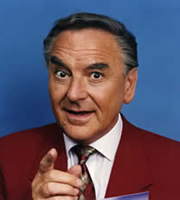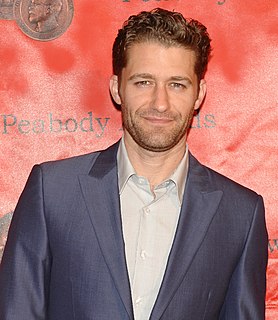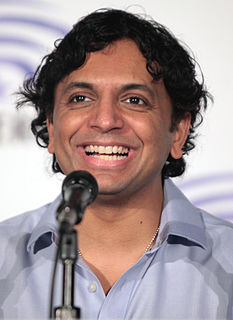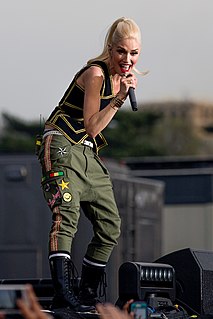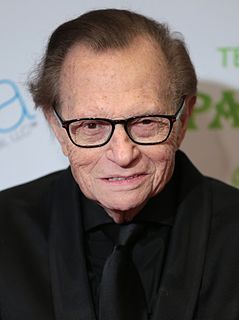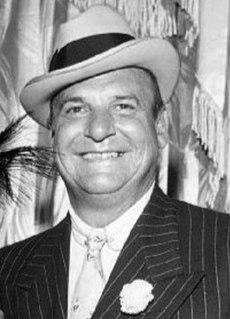A Quote by Bob Monkhouse
I was a born club comic. Radio and TV and stage were fine, but I found my real home in cabaret.
Related Quotes
To my mind, the most successful and the best comic book illustrators are those who translate the real world into a consistent code. If you look at Jack Kirby or Steve Ditko, their drawings look nothing like the real world, but they are internally consistent. In terms of a comic book it can work just fine.
I got on stage and I went, "Oh wow. No stage fright." I couldn't do public speaking, and I couldn't play the piano in front of people, but I could act. I found that being on stage, I felt, "This is home." I felt an immediate right thing, and the exchange between the audience and the actors on stage was so fulfilling. I just went, "That is the conversation I want to have."
